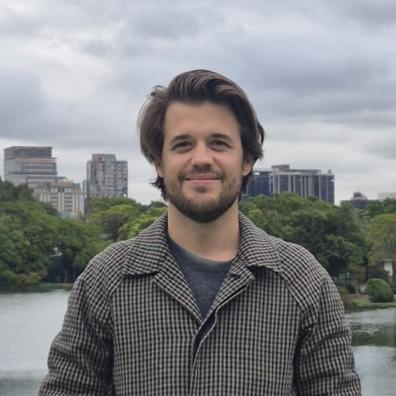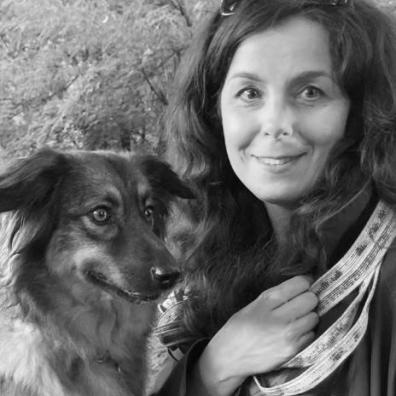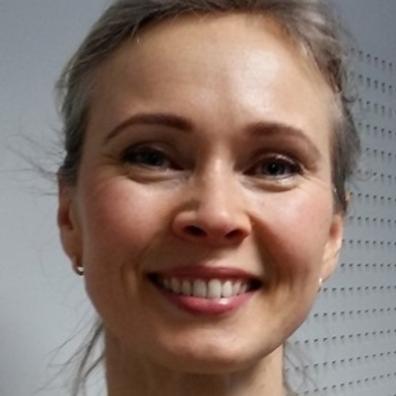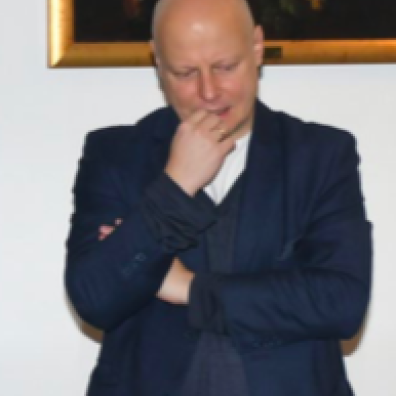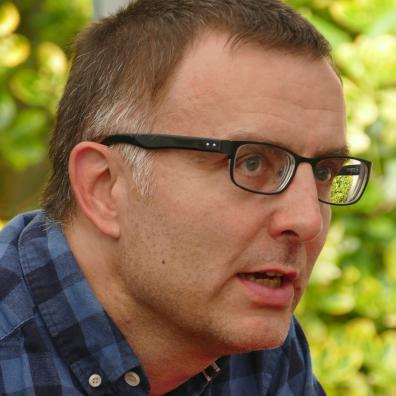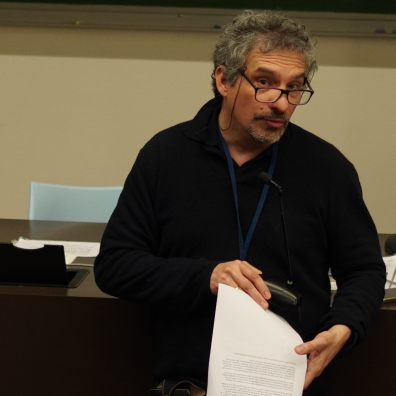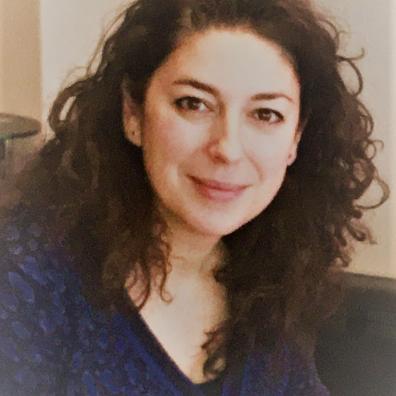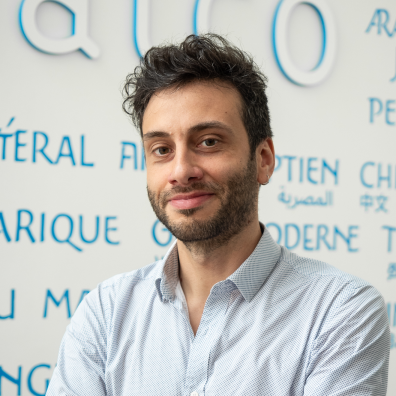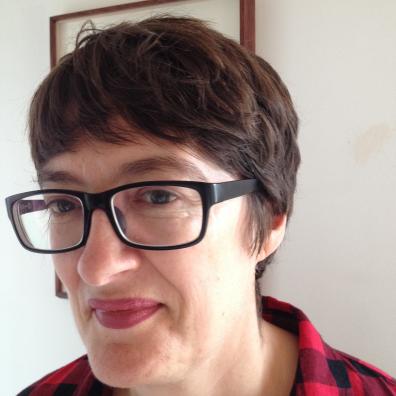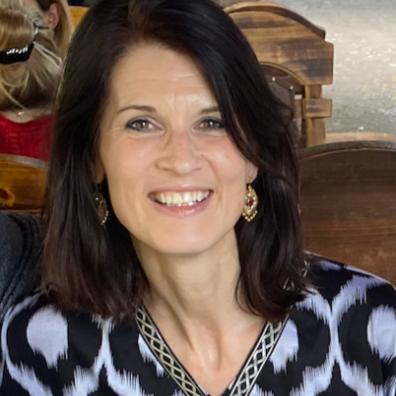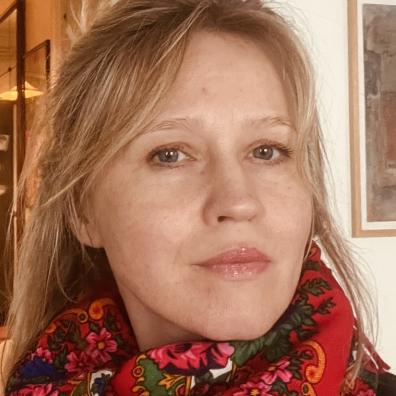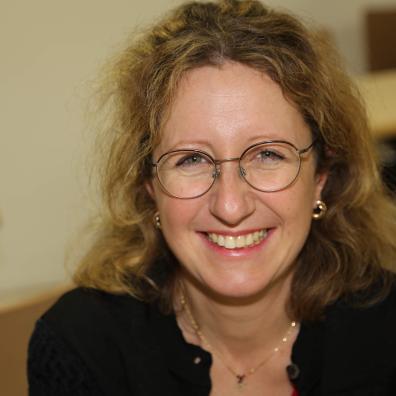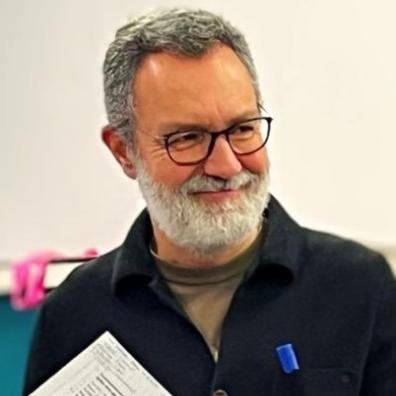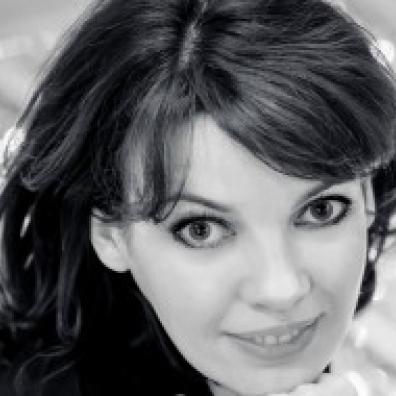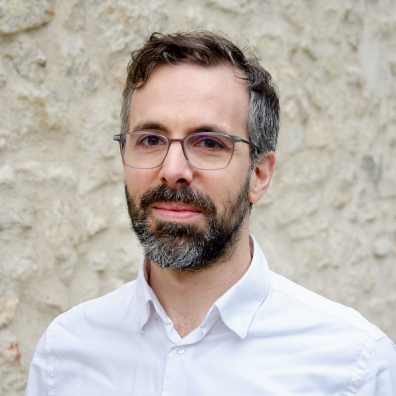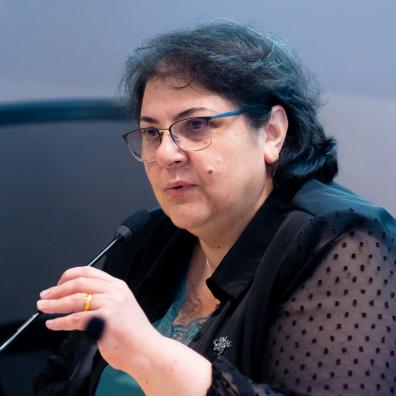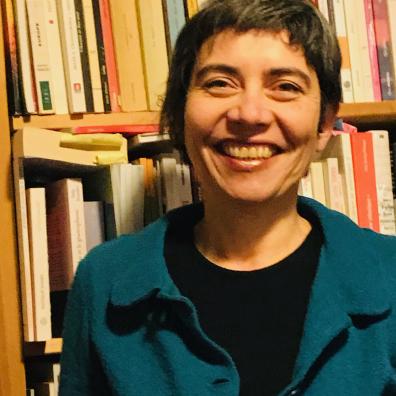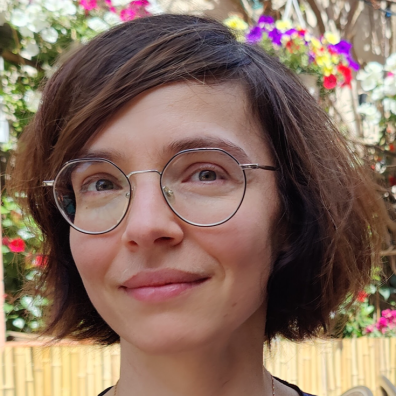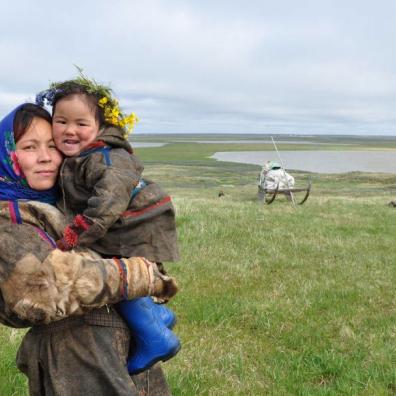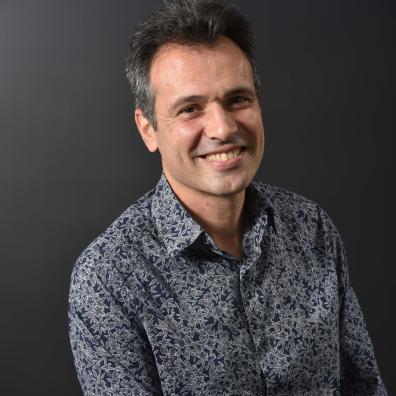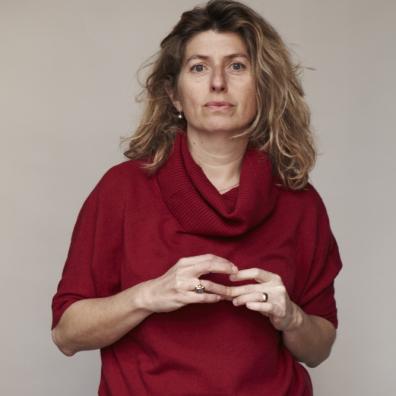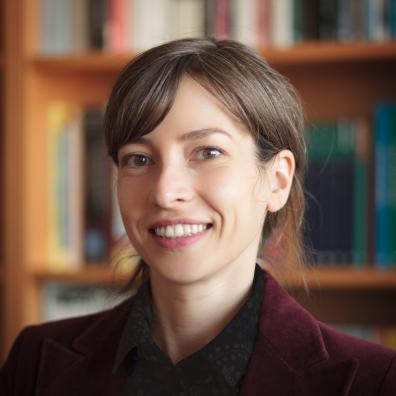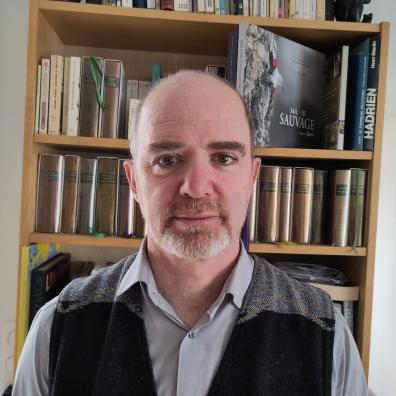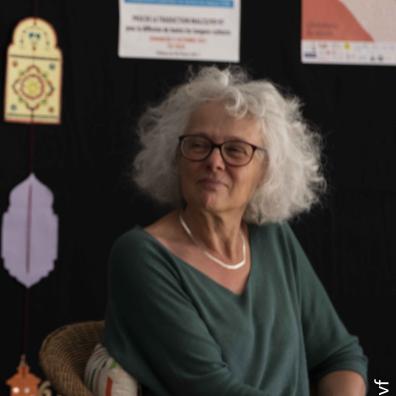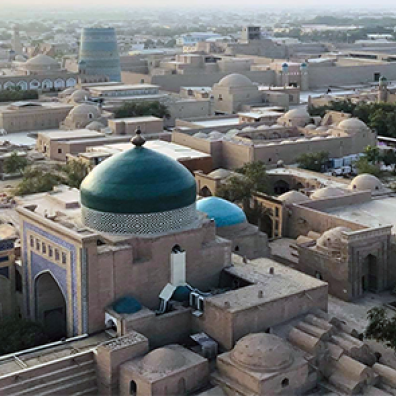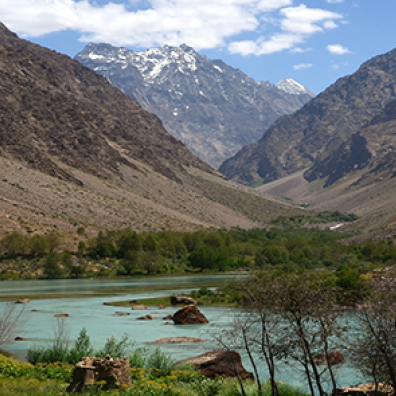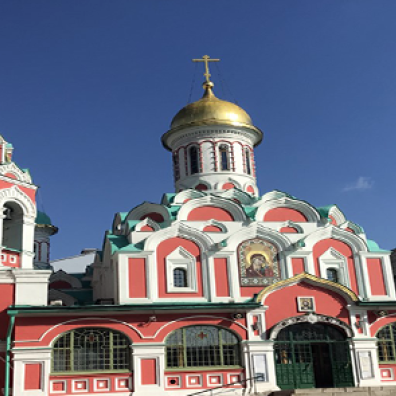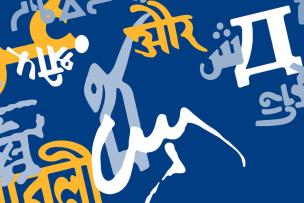CREE
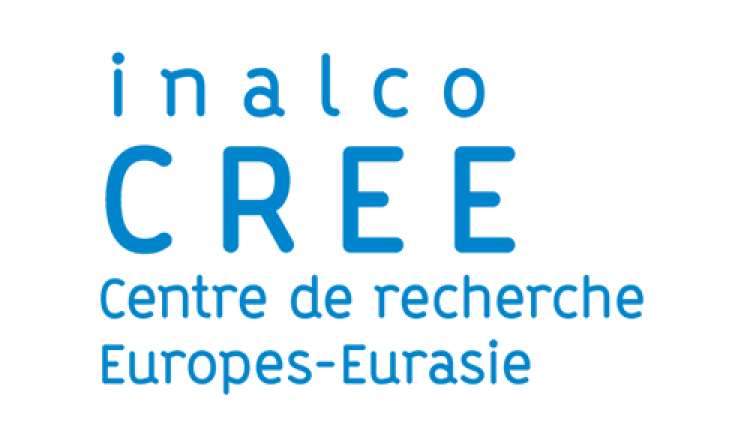
The Centre de Recherche Europes-Eurasie is one of the few centers in Europe to combine long-term historical, topical and prospective research on an area as large as Middle and Balkan Europe, Russia and Central Asia, covering distinct but complementary disciplinary fields: literature, arts, languages, history, society, geopolitics, economics, law, environment.
The Centre de recherche Europes-Eurasie (CREE) is a research center where specialists, recognized as much for the relevance of their reflections and work as for the expert missions entrusted to them, evolve over an area as wide as Middle and Balkan Europe, Russia and Central Asia. Its members have mastered linguistic, historical, social and geopolitical contexts that are little explored elsewhere, and apprehend innovative or little-explored themes by articulating transversally, within the same center, reflection on the long term and reaction to the present.
The CREE is one of the few centers in Europe to bring together, over an area as broad as Middle and Balkan Europe, Russia and Central Asia, issues looking at long-term history, current affairs and the future, and covering distinct but complementary disciplinary fields: literature, arts, languages, history, society, geopolitics, economics, law, environment.
The founding of the CREE (2010), bringing together several pre-existing research entities, has developed new synergies and demonstrated a desire for transversality and transdisciplinarity, as demonstrated today, alongside specific projects, by common thematic axes.
Founded in January 2010, the CREE (EA 4513) is the result of the merger of three pre-existing units within Inalco, whose respective fields of research were the Balkan space, Middle Europe and the Russian and Eurasian space. This rapprochement consolidated existing collaborations and gave rise to a genuine desire to work together, which immediately translated into a significant number of thematic axes common to the whole EA, in addition to projects specific to one component or another. Subsequently, an internal restructuring at CREE, necessary to improve the coherence of research, brought the number of components to four.
Today, benefiting fully from this pooling of skills and research issues, CREE is dominated by a desire for transversality and transdisciplinarity, amply demonstrated by its project for the 2014-2018 five-year period, where work by axes common to the whole EA is preponderant.
The components of CREE, born before or after its reorganization, and continuing to exist fully within its framework, today form the following group:
Observatory of Contemporary Middle Europe
Observatory of Contemporary Middle Europe
The Observatoire de l'Europe médiane contemporaine of the Centre de Recherche Europes-Eurasie (CREE), Inalco, aims to organize debates open to the general public, bringing together specialists (academics, experts, journalists, diplomats...) from the states and societies of Middle Europe, to provide contextualized insights into current issues, and to question the perception of the civilian populations of this region on political and social mutations or phenomena that are the subject of debate. While addressing topical issues, the Observatoire de l'Europe médiane will also focus on societal questions that are part of a longer timeframe (issues linked to internal politics, the socio-economic, cultural or media situation and transformations).
Created on the model of the Observatory of Post-Soviet States, the Observatory of Contemporary Median Europe (co-directed by Katerina Kesa, Anne Madelain and Jana Vargovčíková) responds to the need to nurture knowledge, information and debate on a geographical area stretching from Finland to Greece, including the countries of Central and Balkan Europe, but may also occasionally, depending on the issues, deal with its "margins", countries situated between two historical and political spaces, such as the Baltic States (both ex-Soviet and EU members), Ukraine or Belarus (ex-Soviet and Middle Europe).
Observatory of Contemporary Russia
Observatory of Contemporary Russia
The Observatoire de la Russie contemporaine (co-hosted by Sylvia Chassaing, Laurent Coumel and Julien Vercueil) keeps a watchful eye on current events in this country, bringing in specialists in the humanities and social sciences, from literature to economics via history, geography, political science, sociology, anthropology and linguistics, in a format open to a wide audience: round tables, book presentations, film screenings, and debates. It aspires to shed light on contemporary issues linked to conflicts - the war against Ukraine among them - crises and transformations in this state born of the demise of the Soviet Union in 1991.
Central Asia - Black Sea Observatory
Central Asia - Black Sea Observatory
Recent paradigm shifts have heightened awareness of the need to rethink the spaces that CREE covers. Three new observatories have emerged from this realization: the Observatory of Contemporary Median Europe, the Observatory of Contemporary Russia and the Observatory of Central Asia - Black Sea.
The Observatory of Central Asia - Black Sea is directed by Sophie Hohmann, Catherine Poujol and Alexandre Toumarkine.
It enables research and analysis of issues that cut across the societies concerned, drawing on different knowledge productions. Its cross-disciplinary scope enables us to cross geographies and research themes relating to political, social, economic and geopolitical issues, with an emphasis on critical reflection.
Generally speaking, the observatories pursue their monitoring and analysis work in the form of "Petits déjeuners" devoted to the political, economic and geopolitical news of the states they cover. Organized at a regular rate of around once every two months, these breakfasts reach a wide audience: academics, experts and business circles.
CREE missions
CREE missions
At the start of the 2024 academic year, CREE has 42 tenured teacher-researchers on principal attachment, plus 29 associates, 9 young researchers and 30 doctoral students.
The EA is linked to the Doctoral School and the Master's Council, whose training activities it supports by providing research supervisors in its area of expertise, welcoming doctoral students (for scientific, logistical and financial support), giving its opinion on student enrolment applications, and participating in the organization of research and training seminars.
Research carried out at CREE combines the long view of history (post-communism, creation in conditions of dictatorship, 19th-century legacies, memory of conflicts in the Balkans, Ottoman heritage, etc.) with the "hot" treatment of current events in sensitive areas (Balkans and Eurasia), on which CREE researchers are sought after and recognized as rare experts in France. CREE also combines areal transversality (Middle and Balkan Europe, Russia, Eurasia) and disciplinary transversality (history, geopolitics, economics, law, literature, arts, history of translation), bringing to light innovative or little-explored themes.
CREE researchers are regularly called upon for their expertise in a particular area and scientific field: Ministries of Foreign Affairs, Defense, Culture, Centre National du Livre, libraries and media libraries, museums, media (magazines, newspapers, radio and TV channels), companies like Total (through a CIFRE grant). A significant number of our members also sit on editorial committees in France and abroad. Last but not least, CREE is involved in a wide range of research outreach activities aimed at wider audiences: documentaries, encyclopedias, CD-Roms, festivals, book fairs, exhibitions...
Management
Director
- Etienne BOISSERIE - Professeur(e) des universités
Directors
- Sophie HOHMANN - Maître(sse) de conférences
- Svetlana KRYLOSOVA - Maître(sse) de conférences
Full team members
Associate members
Young doctors
Calls for papers from CREE
Lessons learned
Doctoral students
The CREE in figures
- 42 full members
- 29 associate members
- 9 young researchers
- 30 doctoral students

Follow Centre de Recherches Europe-Eurasie news in the media and on social networks
Our news selection
Our event selection
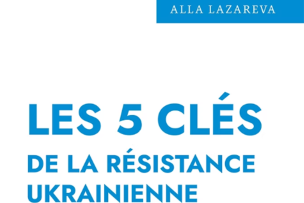

Inalco, PLC (65, rue des Grands Moulins, Paris 13e)
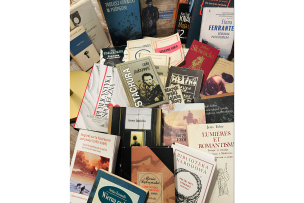
Inalco - Maison de la Recherche (2, rue de Lille - Paris 7e)


